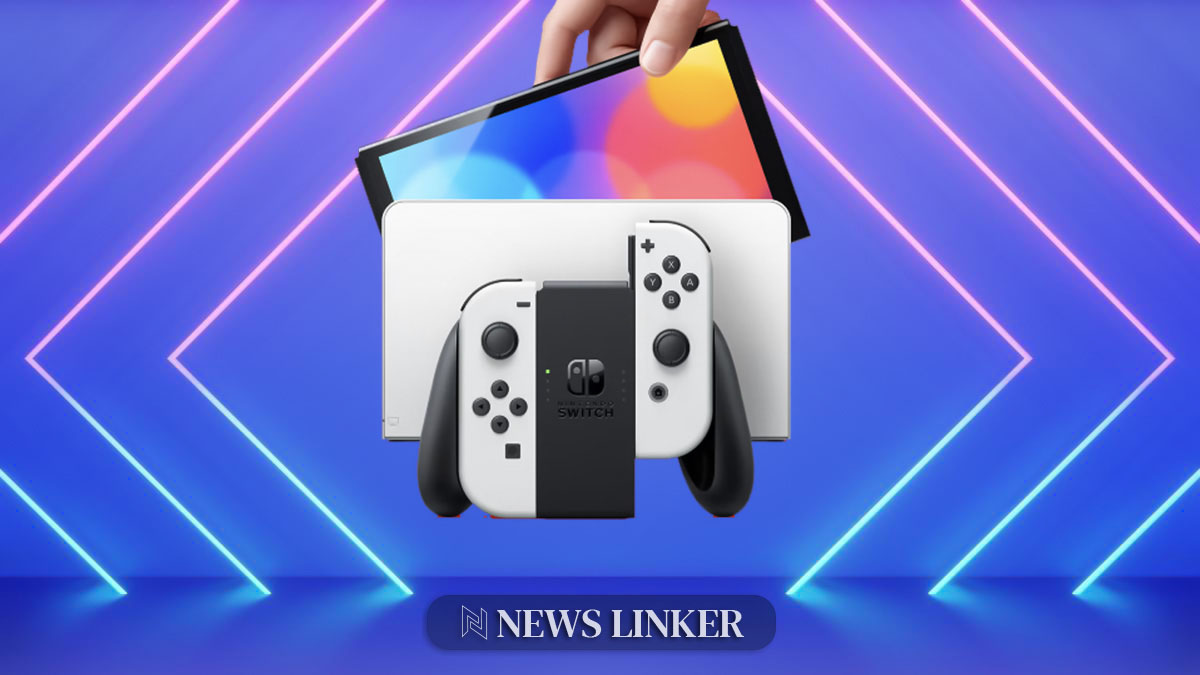In the realm of video game emulation, a delicate balance exists between preserving gaming history and adhering to copyright laws. Provenance, a well-known emulator that allows users to play classic games on modern devices, recently faced a significant challenge. Nintendo, a giant in the gaming industry, issued a takedown notice to Provenance, citing copyright violations. Despite this, the developers behind Provenance remain committed to releasing their software, arguing that their work is crucial for keeping old games accessible to new generations.
Since its inception, Provenance has offered gamers a way to experience classic games that are no longer commercially available. This emulator supports various platforms, helping to keep lesser-known titles from being forgotten. However, Nintendo’s aggressive protection of its intellectual property has sparked a debate about the limits of copyright law and its impact on digital preservation. Earlier instances of similar conflicts suggest that while copyright holders defend their assets, the community of retro gamers often views emulation as a vital part of preserving video game culture.
Why Does Nintendo Target Emulators?
Nintendo’s stance on emulators like Provenance is rooted in its commitment to protect its intellectual property. The company argues that emulators facilitate piracy by allowing people to play games without purchasing them legally. This policy is part of a broader strategy to control how their games are distributed and played, which they believe is essential for maintaining the quality and value of their products.
What is the Impact on Gaming History?
The conflict between preserving history and enforcing copyright laws presents a complex challenge. Emulators like Provenance play a critical role in archiving video games, many of which would be lost to time without such technology. Advocates for digital preservation argue that without emulators, the cultural significance and the artistic elements of old games may be irretrievably lost, as physical copies degrade and become unusable.
How Are Gamers Reacting?
The gaming community has shown mixed reactions to Nintendo’s actions. While some support the company’s right to protect its creations, others are frustrated by what they see as an obstacle to accessing classic games. The discussion extends beyond legal issues, touching on consumer rights and the broader implications for game preservation.
Insights from the Community
– Legal battles highlight the need for clearer laws around game emulation.
– There is a growing demand for an official platform for retro games.
– Preservation efforts are being recognized as vital to cultural heritage.
The controversy surrounding Provenance and Nintendo underscores a broader cultural debate about the value of digital content and who has the right to access it. As technology advances and the original platforms for these games cease to function, the role of emulators becomes increasingly important. These tools not only offer a nostalgic experience but also ensure that future generations can study and appreciate video game history. Emulation is more than just playing old games; it’s about educational value, cultural preservation, and acknowledging the artistry involved in their creation. The ongoing dialogue between copyright holders and preservation advocates will likely shape the future landscape of digital content accessibility.










